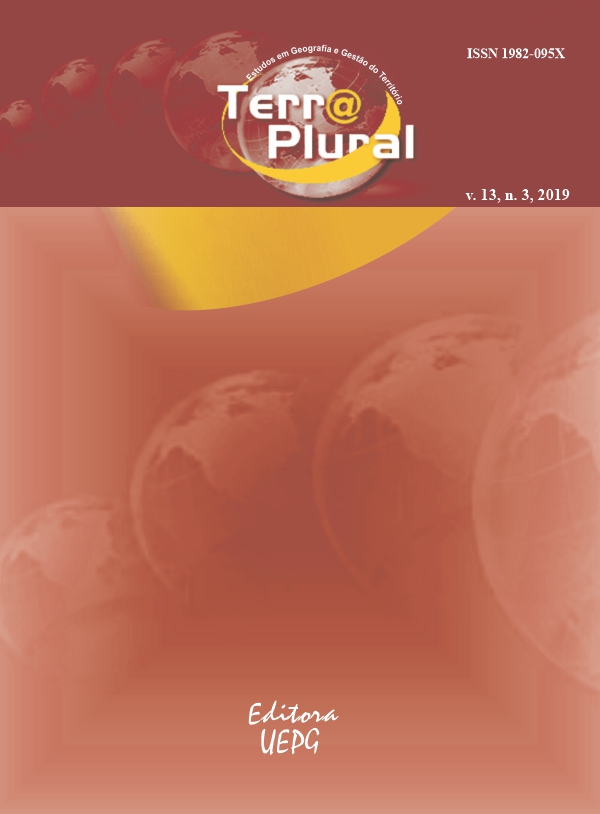Community Participation: How the population contributes to urban planning and cities’ development in Brazil and Portugal
Keywords:
Participatory budget, Community involvement, Urban planning, Public consultations.Abstract
The urban environment, understood as the environment changed by man, is represented by the city as a space for coexistence of individuals, endowed with an entire infrastructure composed of public goods and services, which aim at the well-being of its inhabitants. When people effectively participate in decision-making interest in cities, they feel more responsible for the outcome of their decisions, providing a political maturity of the population. In both Brazil and Portugal, the Master Plan is the main instrument for planning and regulating cities and the urban environment. The difference between them may lie in the fact that Brazil is one step ahead with popular participation in urban planning and participatory budgeting, probably due to the political and socio-economic characteristics of the country, and the needs that this condition imposes on its inhabitants. Regardless of both Brazil and Portugal already make great efforts in this direction, and the question of community involvement in the decision-making process, urban planning, and participatory budgeting is already addressed and considered (although at different levels, stages, and legal formalization), there is still much to be done in this direction to ensure the effective participation of the population in the construction and evolution of cities.
Downloads
Downloads
Published
How to Cite
Issue
Section
License
Revista Terr@ Plural will obtain the auctorial rights for all published texts. This also implies that the text can be published anywhere in the world, including all rights on renewal, expansion, and dissemination of the contribution, as well as other subsidiary rights. The authors get permission to publish the contribution in other media, printed or digital, it may be in Portuguese or translation since the publication is credited to Revista Terr@ Plural. It allows the self-archiving of published articles in institutional repositories, thematic repositories, or personal web pages in the pdf version downloaded from the journal's site.















